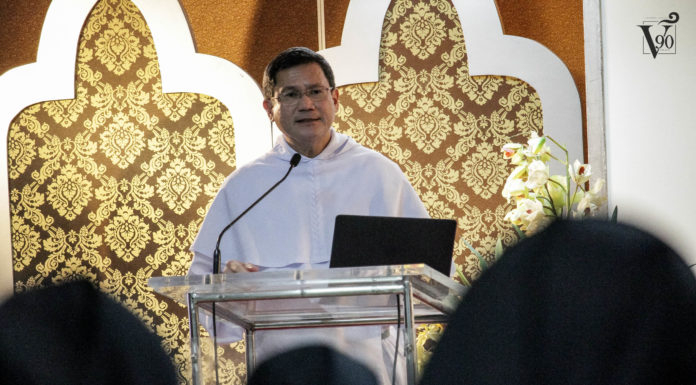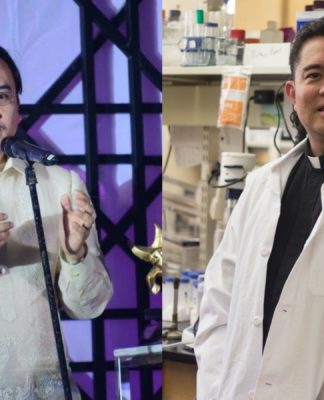IN THIS day and age, it is both amusing and alarming to know that our country’s lower courts mete out convictions erroneously 72 per cent of the time, according to a study backed by the Supreme Court.
If you were innocent of a crime, but still slapped with charges, it should not surprise you that you could be convicted just as well, given the propinquity of statistics.
But turning the tables around, that’s not the only problem with the judiciary system.
If you were pressing charges against the murderer of a relative or a friend, you’d have to accept the fact that there is also the chance that the murderer could be acquitted—whether because of technical issues like non-compliance with procedures, or for reasons as the murderer being the son of a rich tycoon or a politician who can pull strings in “high places.”
Going through the ordeal of losing someone dear to criminals, the arduous process of filing appropriate charges and numerous and often dragging court hearings—not to mention the high price of hiring a good lawyer—only to see those very criminals get off, scat-free, is unbearable. But sadly, that is the lamentable scenario.
And what more if you could not afford to hire a good lawyer because you already lent money just to be able to pay for a decent funeral service for your loved one, the victim.
With such a system in place, civil justice—even social justice—can never be served.
* * *
Bad luck?
Perhaps the judicial mumbo-jumbo is a condition that is constant in all societies worldwide (differing only in magnitude and frequency of occurrence) and there is little we could do. But perhaps luck may have something to do with “being at the wrong place at the wrong time,” say for instance, getting caught between a police raid or being victimized by a serial killer.
To put it bluntly, perhaps there are ways of living a “lucky” life, one that steers clear of a faulted system where we are completely helpless.
An interesting line of thought provided by an American psychologist Richard Wiseman is that good or bad luck is just a way of looking at life’s challenges and abhorrent events.
In his published works, Wiseman said people who tend to think they are lucky actually live a “lucky” life, while those who think negatively end up living a life of “bad luck,” even if they are going through almost similar experiences in life.
From that context, Wiseman said “lucky” people are skilled at spotting chance opportunities, listening to their intuitions, being optimistic and being able to turn “bad” into good.
Meanwhile, those who are “unlucky,” tend to be more tense; their anxiety disrupts their ability to spot good opportunities because they are “too focused.”
From this perspective, I would suggest that we take the shrink’s advice and use our instincts to lead us to “safer” places, avoid “shady” people, being optimistic, and being more perceptive of the possible outcomes of any action we take.
Thomas Jefferson once said, “I’m a great believer in luck and I find the harder I work, the more I have of it.”















